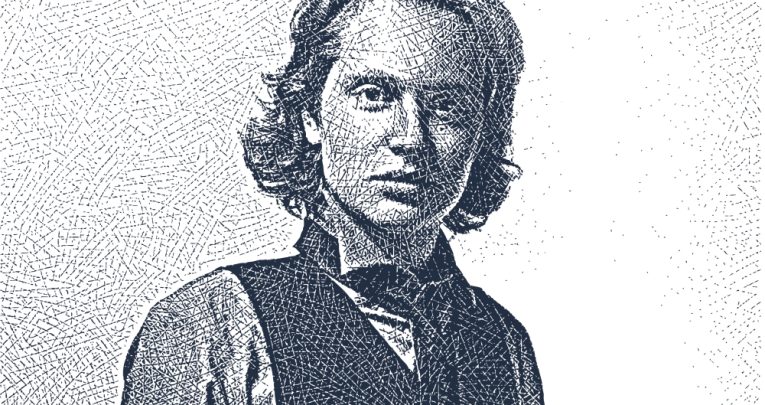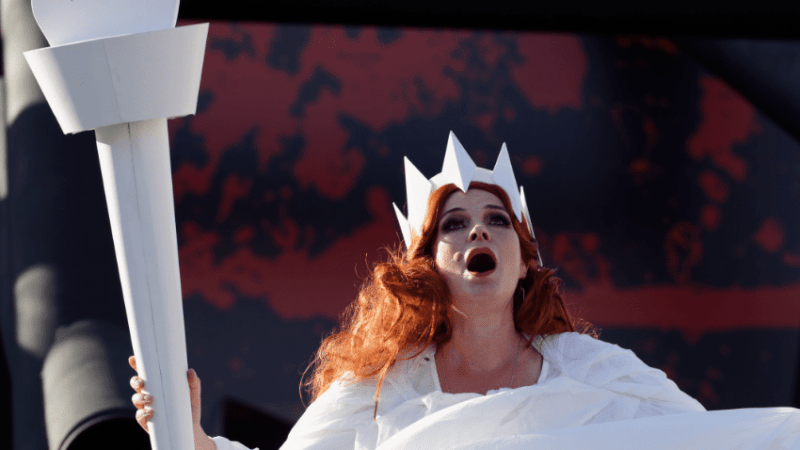Shakespeare in quotations – Henry IV Part 1 and Hotspur

Helen Mears takes us on a tour inside the mind of Hotspur – the hot-tempered warrior of Henry IV Part 1, whose dismissal of others proves to be his undoing…

- by Helen Mears
- English teacher and British Shakespeare Association education committee member

Who is he?
Henry Percy, (or Hotspur, owing to his tempestuous nature and fiery temper) is the son of the Earl of Northumberland. The Percy family provided support to Henry Bolingbroke, which was crucial in allowing him to take the throne from his cousin Richard II and become King Henry IV. In the play, he largely acts as a foil to Bolingbroke’s wayward son Hal, the Prince of Wales.
“But I will lift the down-trod Mortimer As high in the air as this unthankful king, As this ingrate and cankered Bolingbroke.”
(Act 1, Scene 3, lines 133-135)
Having been publicly berated by the King over his attitude and refusal to hand over Scottish prisoners, Hotspur privately expresses his anger over what he perceives as the King’s ingratitude to him and his father. This sets the scene for their switch to Lord Mortimer’s side and the rise of the rebellion against King Henry IV that forms the main plot of the play.
“All studies here I solemnly defy, Save how to gall and pinch this Bolingbroke: And that same sword-and- buckler Prince of Wales”
(Act 1, Scene 3, lines 188-191)
Here, he deliberately insults Prince Hal – likely due to his reputation for fraternising with the lower classes. ‘Sword and buckler’ were weapons associated with those of a lower social status.He goes on to comment on rumours that ‘his father loves him not’ – something the audience already knows from the King’s earlier wish in Act 1 Scene 1 that ‘some night-tripping fairy had exchanged/In cradle clothes our children where they lay,/ and called mine Percy, his Plantagenet.’ The King admires Hotspur for his bravery and prowess; attributes his own Harry seems to lack.
“Love! I love thee not, I care not for thee, Kate, this is no world To play with mammets and to tilt with lips”
(Act 2, Scene 3, lines 85-88)
This exchange typifies Hotspur’s temper and belligerence. His wife, Kate – who is Mortimer’s sister – is worried about him and his behaviour, but he is dismissive and rude to her. He claims women can’t be trusted with secrets about war, and so refuses to confide in her about the planned rebellion.Trending
“I’ll have the current in this place damned up And hear the smug and silver Trent shall run In a new channel”
(Act 3, Scene 1, lines 98-100)
Voicing his dissatisfaction with the proposed allocation of lands after a successful rebellion, Hotspur shows there’s no limit to his hot-headedness, intending to assert control over nature itself in his plan to channel and reroute the River Trent.
“Harry to Harry shall, hot horse to horse, Meet and ne’er shall part till one drop down a corse.”
(Act 4, Scene 1, lines 123-124)
Having served as a foil to Hal throughout the play, Hotspur pre-empts their meeting on the battlefield with the self-confidence of expected victory. He doesn’t yet know what the audience does – that Hal has apologised to his father and promised to fight to defend his hold on the crown.
“O Harry, thou hast robb’d me of my youth! I better broke the loss of brittle life than these proud titles thou hast won of me; They wound my thoughts worse than sword my flesh.”
(Act 5, Scene 4, lines 77-80)
Hotspur’s confidence is misplaced, and Prince Hal mortally wounds him in combat. In his dying speech, he’s more concerned with the loss of his reputation than his life. He suffers even deeper indignity when his dead body becomes a source of comedy at the hands of Falstaff – an ignoble end to a character that’s hard to find any sympathy for.Helen Mears is an English teacher who sits on the education committee of the British Shakespeare Association










